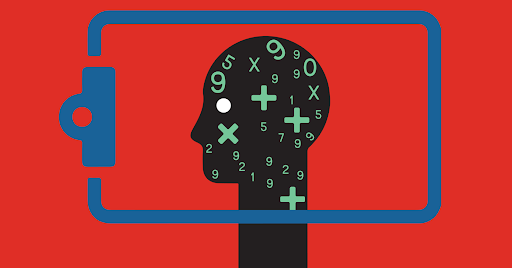Exams can be a source of stress and anxiety for many students, but managing
oneself just before the exam is crucial for optimal performance. Here are some
detailed tips to help you manage yourself before the exam:
Get enough sleep: Adequate sleep is essential for optimal brain
function and performance. You are getting at least 7-8 hours of sleep the night
before the exam is recommended. A good night's sleep can help you feel
refreshed and alert during the exam.
Eat a nutritious breakfast: Eating a healthy breakfast before the
exam can help improve your focus, energy levels, and memory retention. It is
important to avoid heavy and fatty foods that can cause indigestion and instead
opt for foods that are high in fiber and protein, such as whole grains, eggs,
and nuts.
Arrive early: Arriving at the exam center early can help reduce
stress and give you time to relax before the exam. This will also give you
enough time to deal with unexpected situations, such as traffic or
transportation issues.
Review your notes: Quickly reviewing your notes can help refresh
your memory on important concepts and formulas. This can also help calm your
nerves and boost your confidence.
Relax and meditate: Relaxing your mind and body can help reduce
stress and anxiety. You can practice deep breathing, meditation, or yoga to
calm your nerves and focus your mind.
Avoid last-minute cramming: Cramming at the last minute can
increase stress levels, decrease retention, and harm your performance. Instead,
focus on relaxing and calming your mind before the exam.
Stay positive: Maintaining a positive attitude can help boost your
confidence and reduce stress. Remind yourself of all the hard work and effort
you have put into preparing for the exam, and believe in yourself.
Stay hydrated: Drinking water can help improve focus and alertness
and prevent fatigue during the exam. Make sure to drink plenty of water before
and during the exam.
Manage stress: If you feel stressed or anxious, take deep breaths,
stretch, or do a quick meditation. Try to focus on the present moment and let
go of worries about the outcome of the exam.
Stay confident: Remember that you have prepared to the best of your
ability, and trust yourself. Stay confident in your skills and approach the
exam with a clear mind.
In conclusion, managing oneself just before the exam requires a
combination of good sleep, nutrition, relaxation, and positive self-talk. Following
these tips can reduce stress, boost your confidence, and help you perform at your best
during the exam.

Comments
Post a Comment